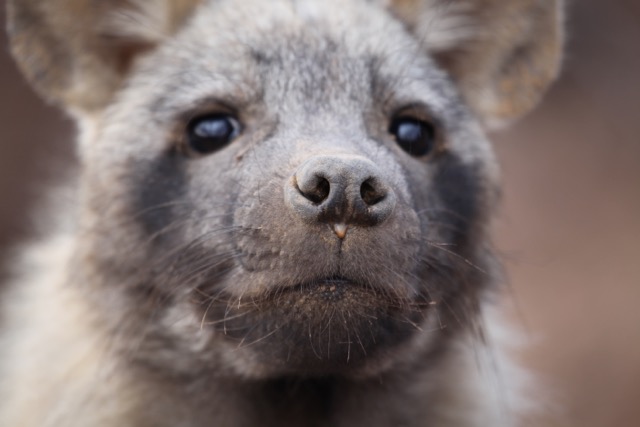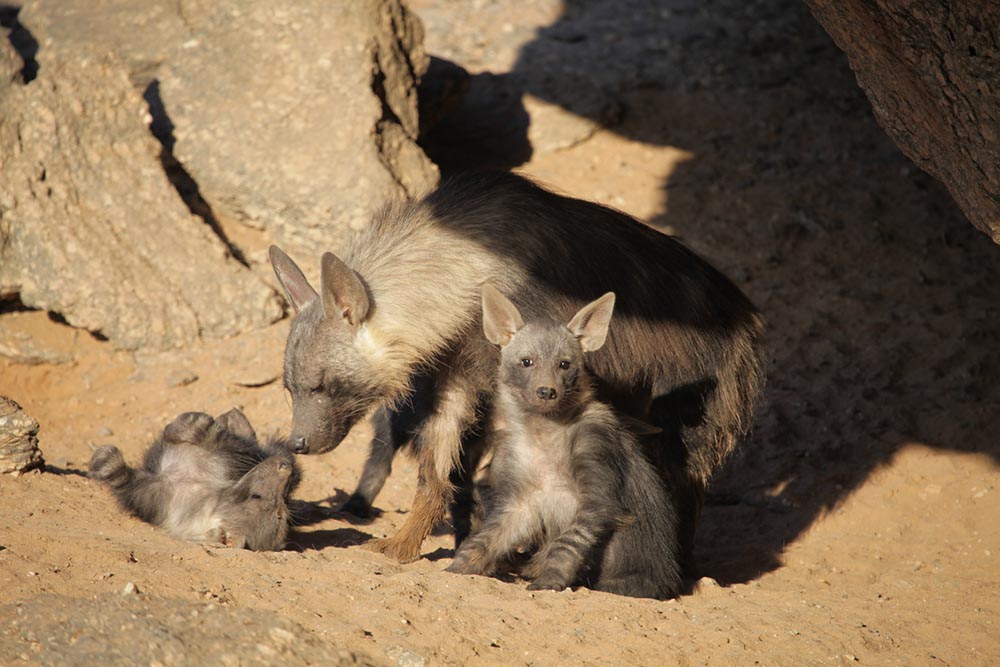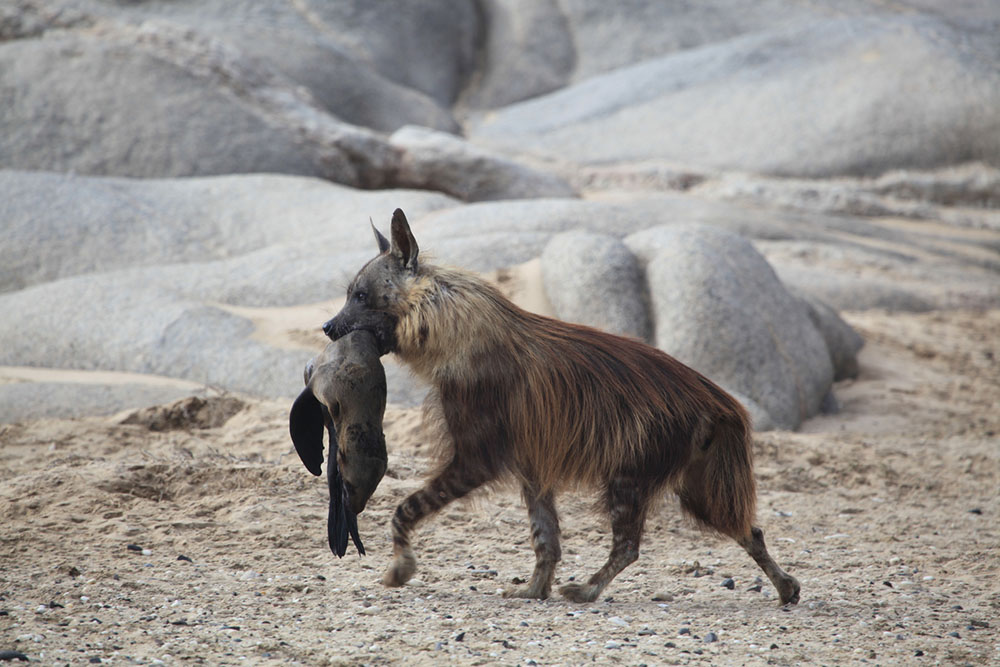A hyena researcher’s passion project

The four species of hyena
Meet Emsie Verwey
Q & A with Emsie:
Please tell us how you came to be a researcher studying brown hyena?
What facsinates you about brown hyenas?
What differentiates brown hyenas from other predators?
What do you admire most about brown hyenas?
What is the importance of the brown hyena to their ecosystem?
How important is the research of brown hyenas and how does it aid in their conversation?
You have been studying brown hyenas for a very long time; have there been any moments where they have surprised you?
01 /
06
What is one life lesson you have learnt from studying these animals?
Researcher Emsie Verwey
Learn about Brown Hyena from Wilderness’ resident researcher, Emsie Verwey
Learn about Brown Hyena from Wilderness’ resident researcher, Emsie Verwey


Let’s plan your next journey
Ready?
When we say we’re there every step of the way, we mean it, literally. From planning the perfect circuit, to private inter-camp transfers on Wilderness Air, and easing you through Customs. We’re with you on the ground, at your side, 24-7, from start to finish. Ready to take the road less travelled? Contact our Travel Designers to plan an unforgettable journey.


